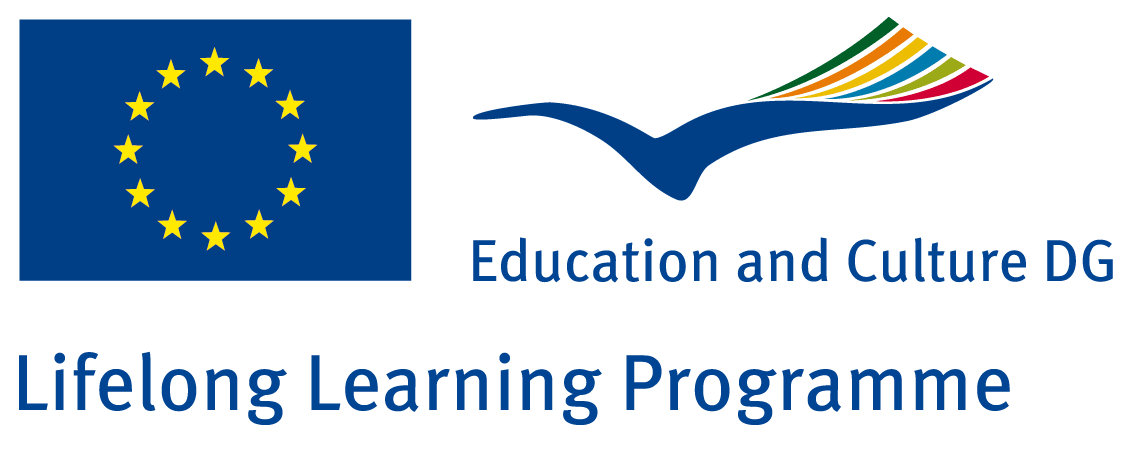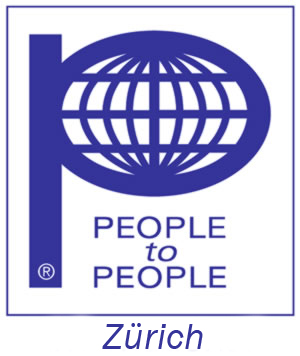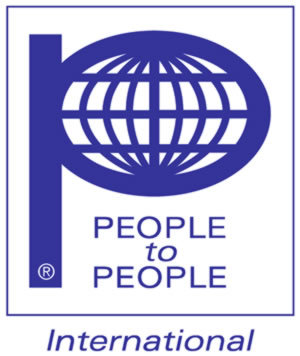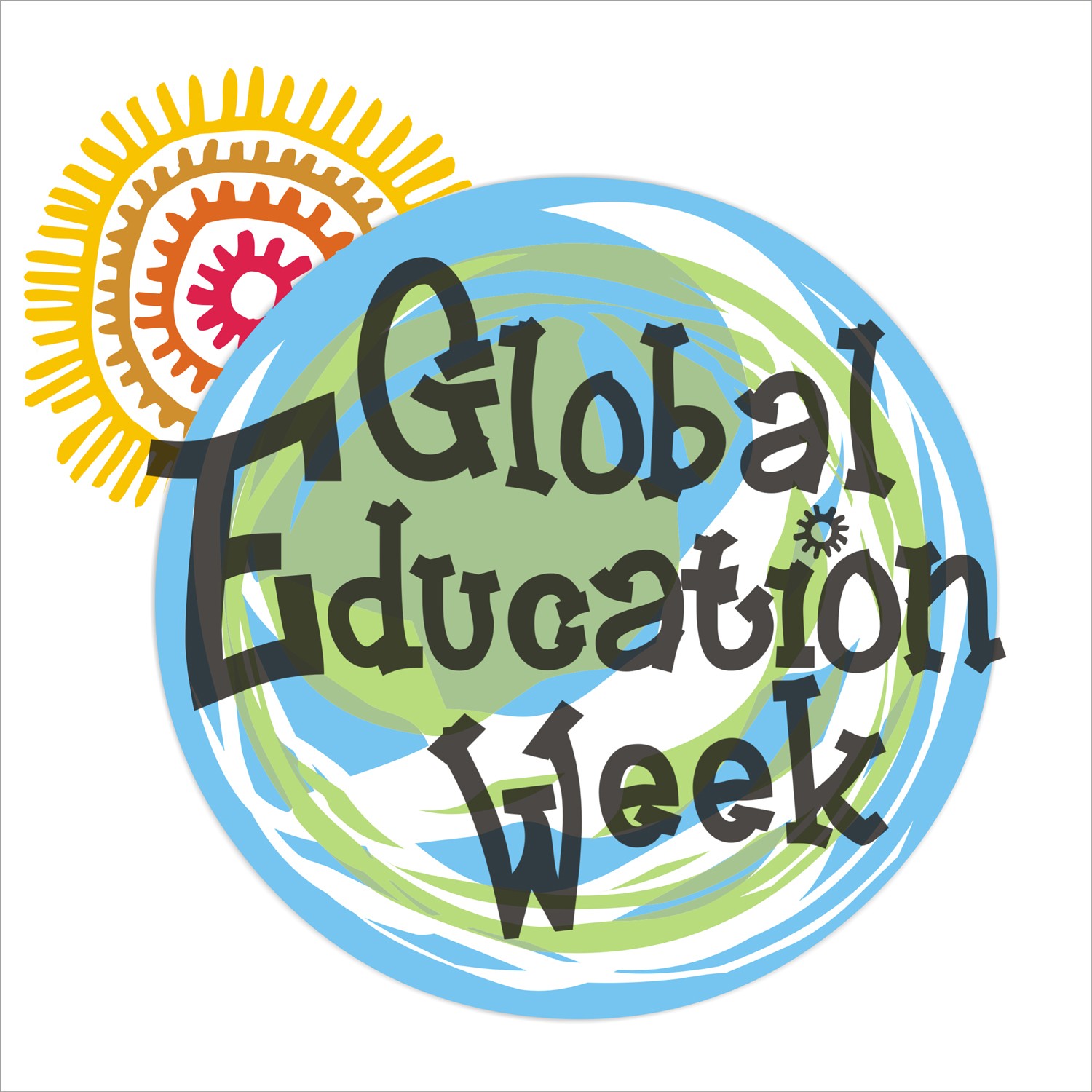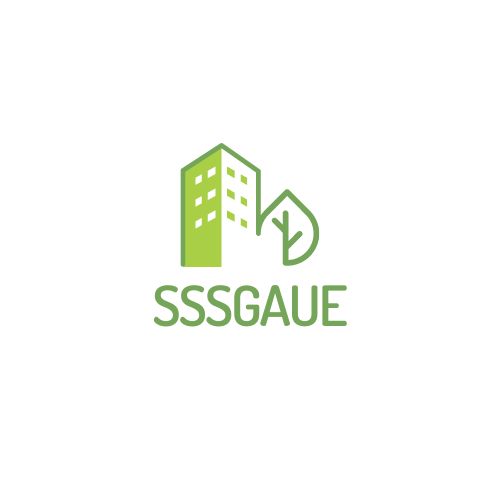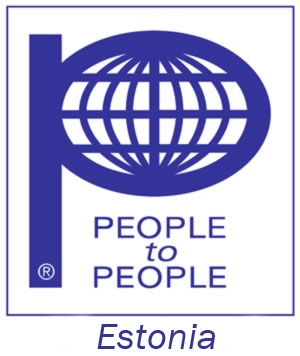Sharing sustainable solutions for green approaches in urban environments
“Sharing sustainable solutions for green approaches in urban environments” (proposal number:101089457, proposal acronym: SSSGAUE) is CERV-2022-CITIZENS-TOWN 24-monthsproject.
SSSGAUE project aims to bring together local municipalities and NGO’s together with the aimto reach its objectives to move towards a greener and more sustainable urban development byhaving a number of activities aimed at specific target groups namely bringing together youthsfrom NGO’s active in environmental issues and local municipality officials who together willpromote exchanges between citizens of different countries in order to encourage cooperationbetween municipalities, Ngo’s and citizens through the exchange of best practices on addressingand adapting to climate change issues through embracing the concepts of circular economy atgrass-roots level.
An important objective is to support good local governance and reinforce citizen participation inthe decision making on greener cities. The partners understanding that there are a number ofinstruments and financial support to help European cities move towards greener and moresustainable urban development feel that although cities are already making the most of what isbeing offered to improve their urban development planning strategies and implement sustainablesolutions and systems for monitoring biodiversity in urban areas, and in particular tree species.Taking into consideration that the European Union's policy is to support cities in the process ofmaking those greener and more sustainable by helping urban planners achieve the EU's goals ofan ecological transition to a circular economy.
The EU's 2030 Diversity Strategy includes a nature restoration plan to help urban authoritiesimplement Nature-Based solutions (NBS) that can improve the quality of life. The EU's strategyfor adapting to climate change supports cities in taking measures to mitigate the effects of globalwarming. As part of the European Green Pact, a new Circular Economy Action Plan (CEAP)was adopted in 2020. By embracing the concepts of a circular economy in resource management,cities can embark on the path to greater sustainability. The EU Forest Strategy aims to improvethe quality, quantity and sustainability of EU forests. It supports forestry and the forest bio-economy, while preserving the sustainable production and use of biomass, conservingbiodiversity and setting a plan to plant three billion trees across Europe by 2030.
Through the project we aim to exchange of sustainable solutions and good practices in thedirection of monitoring and management systems of tree species suitable for living in urbanenvironments between cities included in the project proposal will lead to the creation of a "green,clean municipality full of life" and in order to improve the state of the environment, includingvisible, tangible improvements in the physical environment, air quality and better managementof natural capital within each of the partner municipalities. In this way, this project aims to createan international consortium made up of cities and associations to reflect on the Conference onthe Future of Europe and launch their own local proposals. For this, the network partners willwork together developing a protocol and putting it into practice so that citizens will be mobilizedto take an active part in green their cities.
Around 20 young citizens will have the opportunity to raise their awareness of the enormousimportance of their role in decision-making processes and their responsibility as Europeancitizens in building a more greener society, both through exchanging views with otherparticipants, such as through the discussions and debates that will take place during the eventsand through the results of the project.
The project foresees a total of 10 international meetings in which the participants will organizeconferences, workshops, open debates, but also some alternative and more dynamic activities to create a stimulating environment. To ensure proper and efficient communication andimplementation of activities, different experts will be invited to support particular activities ineach territory involved, inviting EU representatives where possible to participate in the activitiesas well. Each project partner will organize a project international event involving local andregional participants, taking in advance collaboration with other local and regional relatedorganizations or other local events in order to achieve a bigger project impact.
Partners
GENISTA RESEARCH FOUNDATION, Malta - coordinator
INSTITUTE FOR TECHNOLOGICAL TRANSFER AND INNOVATION, Bulgaria
KUNSILL LOKALI L-GHARB, Malta
Stowarzyszenie Aktywna Integracja Rurzyca, Poland
ARABISCH DEUTSCHES CENTER FUR DIALOG-WASLA EV, Germany
Sadovo municipality, Bulgaria
GRAD LUDBREG, Croatia
SOCIETA COOPERATIVA SOCIALE SINERGIE A R.L., Italy
EESTI PEOPLE TO PEOPLE, Estonia
__________________________________________________________________
Funded by the European Union. Views and opinions expressed are however those of the author(s) only and do not necessarily reflect those of the European Union or the European Education and Culture Executive Agency (EACEA). Neither the European Union nor EACEA can be held responsible for them.
